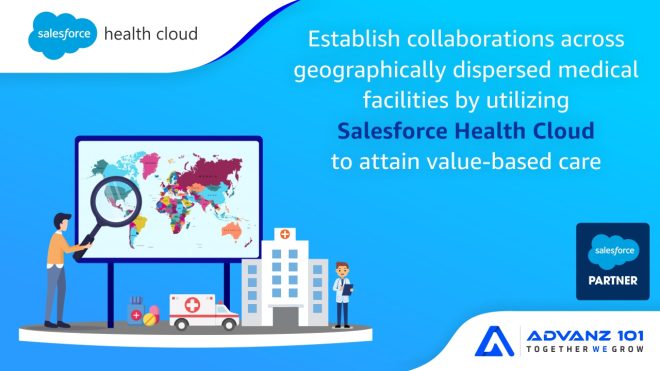When it comes to value-based healthcare, it’s important for healthcare providers to work towards creating a system that prioritizes value and supports teams that are spread out geographically. This system would enhance outcomes and minimize healthcare costs. By strategically partnering with community providers and other innovative, renowned providers, patient care can be expanded to reduce fragmentation and address the gaps in geographic healthcare services.
The conventional healthcare system emphasizes providing services uniformly across all locations without much consideration for their value. Services are duplicated in various locations, organized around medical specialties, and every facility offers a comprehensive range of treatments regardless of the need.
While in value-based care, the partnerships and collaboration among clinical organizations should grow as a team to gain expertise and the ability to work across different locations and varied stages of the care cycle. The reasons why collaborative teams work together with partners are many like
- Assisting remote medical professionals in providing close-to-home care for patients.
- Providing services to assist people in the community in improving their routines.
- Utilizing modern technology to inform patients.
Therefore, to ensure a value-based healthcare system, it is crucial to provide appropriate care at the appropriate location in a geographically dispersed care delivery system. At the same time, the expansion plan for a region should focus on the fundamental value principles of achieving the best possible outcomes while keeping costs to a minimum.
The following factors must be considered while expanding partnerships among geographically dispersed medical teams. The Salesforce health cloud is beneficial in addressing these aspects as discussed below:

- Telehealth technologies: Telehealth technology can enhance the collaboration between medical teams located far apart. This technology enables medical professionals to work together by sharing information and making real-time decisions on a virtual platform. Salesforce health cloud provides an intuitive virtual care facility where video calls can be scheduled, and multiple participants can be added from various locations to provide value-based care.
- Online education platform: Expanded collaboration may be possible by establishing an online education platform to assist medical teams in keeping abreast of current developments in the healthcare sector. This might include e-books, webinars, and other educational tools which can be made available on Salesforce Knowledge and Experience Cloud.
- Communication among medical teams: Establishing regular communication between medical teams is essential for successful collaboration. Salesforce chatter, a real-time collaboration application that allows users to work together and talk to each other, can be used for regular communication, such as weekly conference calls. It can help care teams stay on the same page and coordinate care more effectively.
- Quality measures: Shared quality measures are essential in guiding medical teams to work together and achieve value-based healthcare goals. These quality measures should look at the specific needs of each medical team and outcomes such as patient satisfaction, quality of care, and cost-effectiveness. Unified Health Scoring provides a comprehensive view of patients’ health profiles and can help visualize the quality measures.

Creating partnerships among providers based on patient-centered and cost-effective care opens opportunities for healthcare providers and helps enhance the quality of care for a larger population.
With many years of experience in healthcare and associated technologies, Advanz101 Business Systems is a trusted partner of Salesforce CRM solutions and consulting services.
Learn more about how Advanz101 Systems can help you overcome the challenges associated with adopting Salesforce Health Cloud.
References
https://www.isc.hbs.edu/health-care/value-based-health-care/Pages/default.aspx


